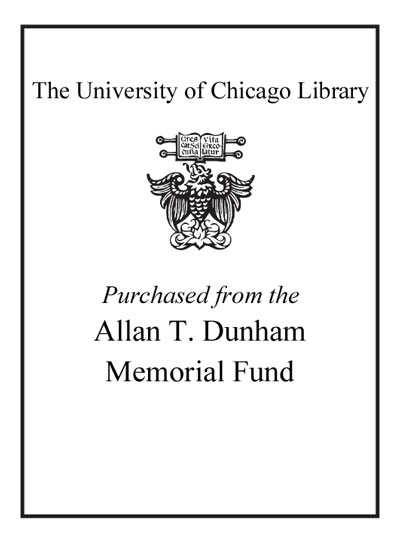Paved paradise : how parking explains the world /
Saved in:
| Author / Creator: | Grabar, Henry, author. |
|---|---|
| Imprint: | New York : Penguin Press, 2023. ©2023 |
| Description: | xix, 346 pages : illustrations ; 25 cm |
| Language: | English |
| Subject: | |
| Format: | Print Book |
| URL for this record: | http://pi.lib.uchicago.edu/1001/cat/bib/13122905 |
MARC
| LEADER | 00000cam a2200000 i 4500 | ||
|---|---|---|---|
| 001 | 13122905 | ||
| 008 | 221103s2023 nyua b 001 0 eng | ||
| 005 | 20230718194127.6 | ||
| 010 | |a 2022038827 | ||
| 035 | 9 | |a (GOBI)99993923288 | |
| 040 | |a DLC |b eng |e rda |c DLC |d Y |d OEK |d HBP |d IHY |d IEP |d CLE |d PAT |d MNN |d YDX |d VP@ | ||
| 019 | |a 1373757285 | ||
| 020 | |a 9781984881137 |q (hardcover) | ||
| 020 | |a 1984881132 | ||
| 035 | |a (OCoLC)1341261409 |z (OCoLC)1373757285 | ||
| 042 | |a pcc | ||
| 043 | |a n-us--- | ||
| 050 | 0 | 0 | |a HE336.P37 |b G73 2023 |
| 082 | 0 | 4 | |a 388.474 |2 23/eng/20230501 |
| 100 | 1 | |a Grabar, Henry, |e author. | |
| 245 | 1 | 0 | |a Paved paradise : |b how parking explains the world / |c Henry Grabar. |
| 264 | 1 | |a New York : |b Penguin Press, |c 2023. | |
| 264 | 4 | |c ©2023 | |
| 300 | |a xix, 346 pages : |b illustrations ; |c 25 cm | ||
| 336 | |a text |b txt |2 rdacontent | ||
| 337 | |a unmediated |b n |2 rdamedia | ||
| 338 | |a volume |b nc |2 rdacarrier | ||
| 504 | |a Includes bibliographical references (pages [289]-329) and index. | ||
| 520 | |a "An utterly original and entertaining investigation into one of the most unrecognized but influential forces in modern American urban and social life-the humble parking spot You may not yet realize it, but parking has a death grip on life in America. All too often, quite literally: tragically, each year many Americans are killed by their fellow citizens over parking spots. But even when we don't resort to violence, we routinely do ridiculous things for parking, reorganizing our professional and social lives to find a spot or instead spending a catastrophic sum of money on it. Indeed, over the past century since the advent of the car, almost without noticing it, we have deformed-and in some case quite literally dismantled-not only the buildings in which we live, but our very cities themselves in a futile, downright sisyphean attempt to always have a ready and easy place to store our cars. As a result, some of the nation's most precious and prime real estate has been devoted exclusively to storing empty and idle cars, at a time when more people than ever before are homeless or struggling to find affordable housing. Along the way, rentier businesses that do next to nothing have sprung up across the country. Can this really be the best use of our finite resources and space? Why did we do this to the places we love? Was parking really more important than anything else? These are the questions Slate staff writer Henry Grabar sets out to answer, in doing so telling a mesmerizing and vivid story about the strange and wonderful superorganism that is the modern American city. In a beguiling and often absurdly hilarious mix of history, politics, and reportage, Grabar surveys the hotspots of the nation's parking crisis, from Los Angeles to New York, and every major American city in between. He reveals how this pathological compulsion for car storage has caused and exacerbated some of our most acute problems-from housing affordability to the accelerating global climate disaster-ultimately, lighting t"-- |c Provided by publisher. | ||
| 650 | 0 | |a Automobile parking |x Social aspects |z United States. | |
| 929 | |a cat | ||
| 999 | f | f | |s 6b9b9708-3b89-4f3f-a5bd-28f06324d08d |i 2030b486-7bca-4c44-a901-ed0e1e4e756d |
| 928 | |t Library of Congress classification |a HE336.P37G73 2023 |l DLL |c DLL-LawDisp |e DUNH |i 13262465 | ||
| 927 | |t Library of Congress classification |a HE336.P37G73 2023 |l DLL |c DLL-LawDisp |e DUNH |b 088901743 |i 10491426 | ||

